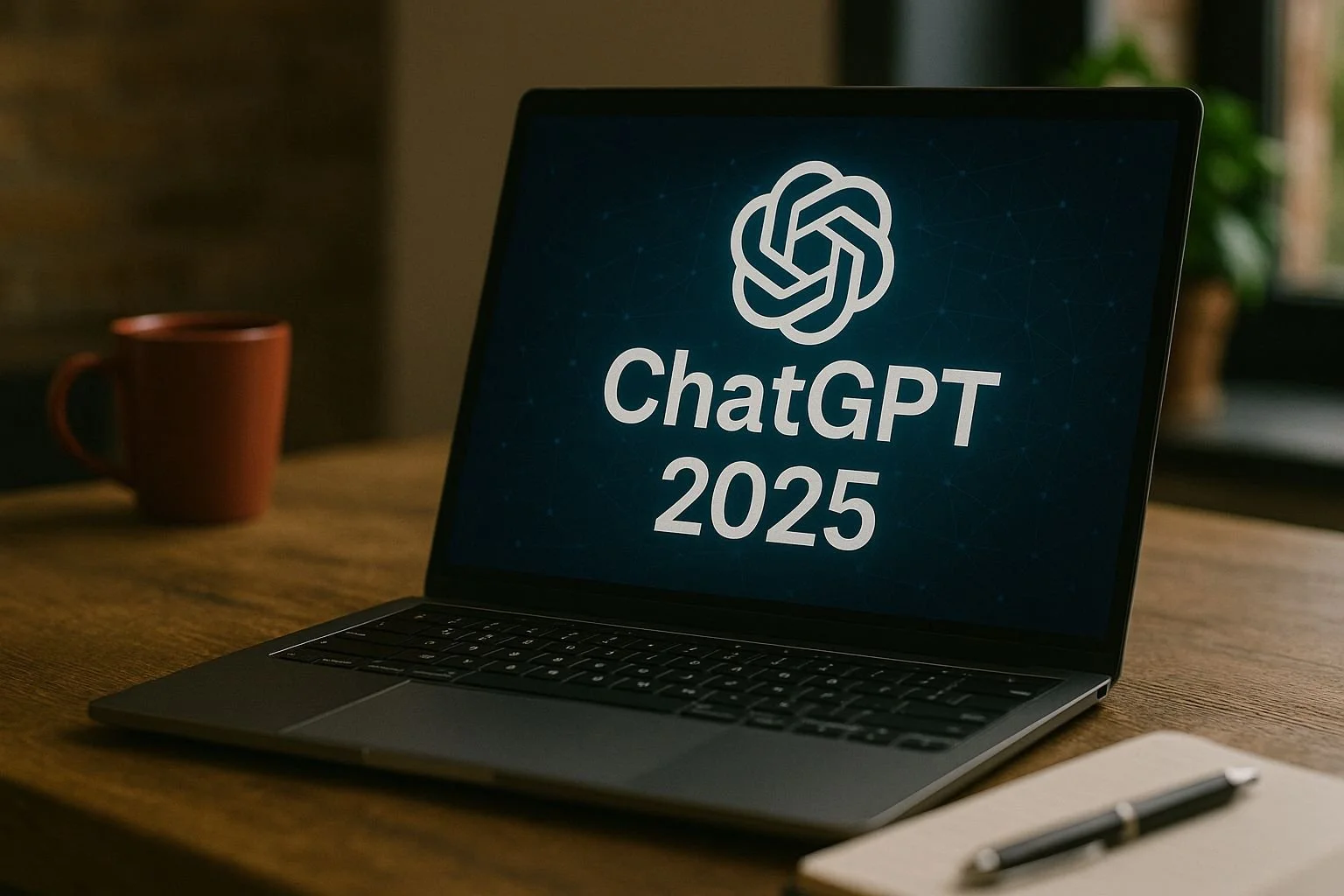How Do You Show Up in ChatGPT in 2025?
With AI-driven technologies like ChatGPT reshaping how people search for information, brands and content creators face a new challenge: How do you show up in ChatGPT results in 2025? Unlike traditional search engines that rely heavily on keyword matching, ChatGPT combines real-time web data with trained language models, prioritizing authority, semantic relevance, and conversational coherence.
In this guide, we’ll explore proven strategies to enhance your visibility in AI-powered search. We'll also highlight how local businesses like Sparkly Maid NYC and Sparkly Maid Miami are successfully using these techniques, supported by expert partners like Torres Digital Marketing.
Understanding ChatGPT’s Search Ecosystem
ChatGPT answers are generated through a combination of:
Learned knowledge from its training data.
Live web content, primarily pulled through Bing’s search index.
To optimize for this system, it’s important to understand a few key dynamics:
Bing-powered search: Unlike Google, ChatGPT relies on Bing to fetch live data.
Content accessibility: JavaScript-heavy or hidden content may not be indexed.
Brand visibility: Recognizable, consistently mentioned brands are prioritized.
Multimodal processing: ChatGPT can interpret text, images, and other media in context.
These elements require an SEO strategy that blends traditional practices with AI-specific considerations.
1. Build and Maintain Digital Authority
Authority remains central to visibility in AI search.
Acquire high-quality backlinks from reputable websites.
Earn brand mentions on trusted media and blogs.
Consistently publish well-researched, accurate content.
Showcase thought leadership through guest features, interviews, and collaborations.
For example, Sparkly Maid NYC has strengthened its digital authority through consistent local directory listings and community-driven blog features—resulting in greater AI search visibility.
2. Align Content with Semantic Relevance and User Intent
ChatGPT favors content that closely matches natural user queries.
Use conversational language and question-based phrasing.
Structure your content with FAQs, how-to sections, and direct answers.
Focus on topical depth to build subject authority.
Apply semantic SEO techniques, including related terms and contextual keywords.
This helps ChatGPT identify your content as a strong match for user questions.
3. Ensure Technical Accessibility and Crawlability
For content to be visible to AI, it must be technically optimized.
Avoid placing key content behind JavaScript or login barriers.
Use clean HTML, fast-loading pages, and responsive design.
Submit your sitemap to Bing Webmaster Tools and monitor crawl health.
Prioritize mobile-first indexing, as most users access content on mobile devices.
4. Create ChatGPT-Friendly Content Formats
AI prefers structured, digestible content that reflects how users speak and search.
Write in a conversational tone, matching real-world queries.
Use clear headers, bullet points, and short paragraphs.
Add FAQs and schema markup to guide AI understanding.
Keep content fresh and updated to maintain accuracy and ranking.
5. Leverage Social Proof and Online Reputation
Trust signals influence AI-generated recommendations.
Encourage positive reviews on platforms like Google and Yelp.
Showcase testimonials, case studies, and success stories.
Display engagement and community trust on social media.
Address negative feedback transparently to strengthen credibility.
These cues help AI determine which businesses to reference and recommend.
6. Monitor, Analyze, and Refine
Success in AI search is an ongoing process.
Use Bing Webmaster Tools and analytics platforms to track performance.
Identify which content types and queries trigger visibility.
Adjust your strategy based on engagement data and ranking patterns.
Agencies like Torres Digital Marketing specialize in refining SEO for AI platforms, helping brands remain competitive in an evolving digital environment.
Real-World Example: Sparkly Maid’s Success
Local businesses such as Sparkly Maid Miami have embraced these techniques—producing informative, well-structured content, earning local backlinks, and maintaining active directory listings. These steps have increased their appearance in ChatGPT search results and attracted new clients organically.
The Role of Expert Partners
Navigating AI-powered SEO requires expertise. Agencies like Torres Digital Marketing provide:
AI-optimized content strategy
Technical SEO support
Reputation and authority building
Ongoing performance tracking and optimization
Their guidance allows businesses to adapt quickly and effectively to AI search algorithms.
Appearing in ChatGPT search results in 2025 is no longer a bonus—it’s a competitive edge. By focusing on authority, semantic alignment, technical optimization, and digital trust, brands can become visible in AI-powered search experiences.
Companies like Sparkly Maid NYC Cleaning Services, backed by expert agencies like Torres Digital Marketing, demonstrate that success lies in strategy, structure, and staying ahead of the evolving SEO landscape.
